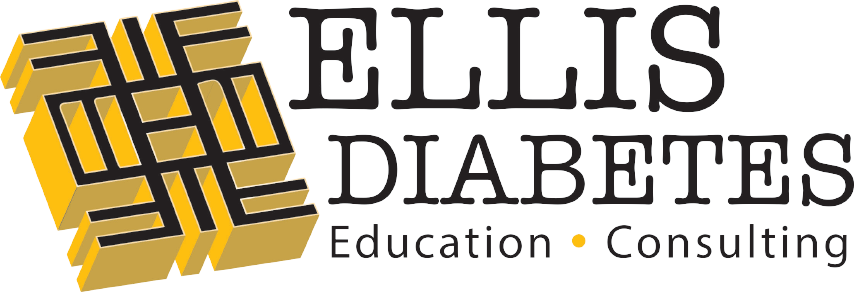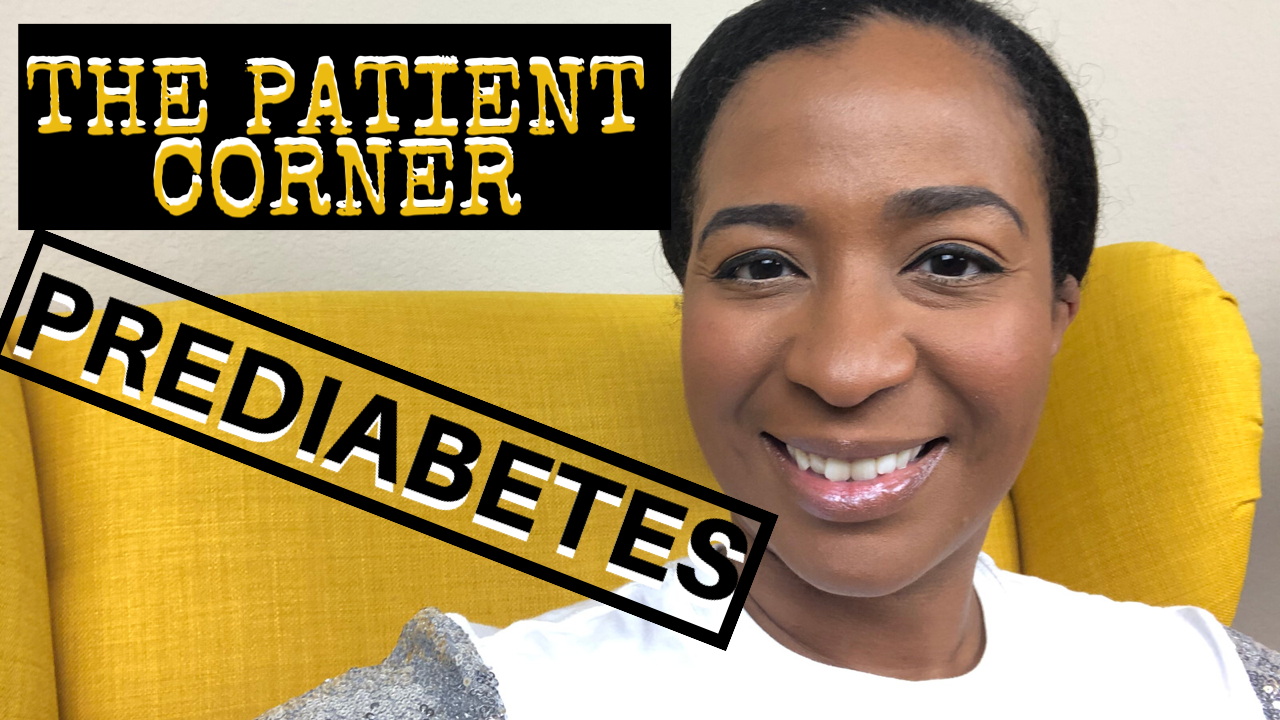In today’s video, I discuss verbal and non-verbal communication that are perceived as dismissive to our patients. I hope after this month, you will gain a better understanding of this unique population and as always, thank you for your support!
Black Communities and Healthcare | Address SDOH
Black Communities and Healthcare | Address SDOH Welcome Back & Happy BLACK HISTORY MONTH! For the month of February, I would like to highlight Black Communities and Healthcare. I will unpack ways a clinician can better engage this population. In today’s post, I discuss what Social Determinants of Health (SDOH) are and their significance in vulnerable populations like the black community.
Black Communities and Healthcare | Individualize Care
Black Communities and Healthcare | Individualize Care Welcome Back & Happy BLACK HISTORY MONTH! Continuing our theme for the month of February, I would like to highlight Black Communities and Healthcare. Today, let’s discuss how we can start to individualize care in vulnerable populations.
Black Communities and Healthcare | Diversity Within
HAPPY BLACK HISTORY MONTH!!! This month’s focus is on how we as providers can better engage those in the black community with diabetes!
Diabetes & Technology
Diabetes Technology is swiftly becoming accessible to all. Now is the time for prescribing providers such as nurse practitioners to lean into it.
What Is Diabetic Autonomic Neuropathy
Diabetes-associated cardiovascular autonomic neuropathy (CAN) damages autonomic nerve fibers that innervate the heart and blood vessels, in turn causing abnormalities in heart rate and vascular dynamics. It is one of the most overlooked but serious conditions of Diabetes Mellitus and causes an increased risk for cardiac dysfunction & mortality.
How Sickle Cell Affects Diabetes
Something the nurse practitioner needs to be aware of is that hemoglobinopathies like Sickle Cell Anemia and Trait can affect the Hgb A1c reading. African Americans have an increased risk of inheriting sickle cell trait. In fact, about one in 12 African Americans has the sickle cell trait. This is important because about 12.7 African Americans ages 18 years or older have diabetes, therefore, many will have both diabetes and sickle cell trait.
Diabetes Self-Management Education & Support | The DSMES Process
Today, we are going to discuss Diabetes Self-Management Education & Support and the DSMES Process. Studies have shown us that to achieve better patient outcomes, DSMES is necessary. In fact, it is the cornerstone of diabetes management. Gone are the days where providers lead with an authoritative approach in patient care. It is shown that patient buy-in and the empowerment of self management is the most effective way to manage diabetes.
How SMART are your 2021 Goals | Goal Setting for Nurse Practitioners
Hey guys! We are at the top of 2021 and like years before, many people are looking to establish new habits. One of the ways this is done is through Goal Setting. Now setting goals for our personal life is important but did you know it is beneficial for nurse practitioners to set goals as well? I think it goes without saying that we assist our patients with setting reasonable goals, in fact, in early 2020 I created content and resources to help our patients with diabetes as well our clinics set goals that would yield better patient outcomes. Today though, I would like to focus on the importance of goal setting and how to establish strong goals that will bring you the desired outcome.
Diabetes Standards of Care 2021 | Facilitating Behavior Change
Now that we are in a new year, its time for an updated Standards of Care. Every year, the American Diabetes Association publishes the year’s Standards of Care. It comes with recommendation and the areas that providers should apply to their care of patients with diabetes. I thought it would be a good idea to give an overview of sorts for my nurse practitioner colleagues.
Advice & Tips for Nurse Practitioners | Tuesday Tips
Because my desire is to help nurse practitioners increase their confidence with managing their patients with diabetes, I try to answer as many questions as I possibly can. I created the TUESDAY TIP series to answer questions that need a straight forward answer.
The Holidays & The Diabetic...Mapping Out A Great Holiday With M.A.A.P.S.
The Holidays and the diabetic…let’s talk about! The holidays are upon us and we need to prepare our diabetic patients for them. I thought that it would be nice to put together a series discussing this and I came up with an acronym, M.A.A.P.S….helping our patients map out a GREAT holiday!
Prescribing the Right Diabetes Medications
When it comes to diabetes medication, how do nurse practitioners decide what medication would be appropriate for their patient? Now clearly we know that metformin is the first line medication but what do you do when metformin just doesn't cut it? In the post, I am discussing the nurse practitioner’s mindset and what we should consider when prescribing medications for diabetes.
Prediabetes Treatment
PREDIABETES TREATMENT // In today's post, we will discuss prediabetes treatment. In previous posts, I gave an overview of prediabetes and discussed insulin resistance but I wanted to dive into what we can do as nurse practitioners to prevent and reverse prediabetes and ultimately prevent type 2 diabetes.
Insulin Resistance
Let’s dive into INSULIN RESISTANCE! Insulin Resistance is the prominent problem in many diabetics. We actually start to see it in prediabetes and knowing that prediabetes is reversible, you guessed it…so is insulin resistance! In today’s post, we are going to explore what it is, what causes it, and how it can be prevented and treated. Let’s get into it…
Polycystic Ovary Syndrome
Hey Y’all! Let’s talk POLYCYSTIC OVARY SYNDROME (PCOS)! At first glance, you may be thinking, “What does PCOS have to do with DIABETES & PREDIABETES?” Well, I wanted to briefly discuss PCOS as it relates to a person’s risk for diabetes.
PREDIABETES
PREDIABETES…Let’s talk about!!! You can’t discuss diabetes without discussing it. According to the CDC, one third of American adults are categorized as “prediabetic.” That’s 88 million people! The sad part about it is that a large amount of people do not even know that they have prediabetes. So I felt it was only necessary for me to spend some time over the next few post discussing prediabetes.
Med Check: GLP-1 Receptor Agonists (Victoza, Trulicity, Byetta)
When I first started my YouTube channel, Kim E. The Diabetes NP, my first set of videos were over medications used to treat diabetes. I went through each class (there are 12 currently) and discussed the “Need to Know” Info for each. Here recently, I have been studying out medications again and wanted to revisit medications from time to time. One medication I would like to discuss today is a injectable drug class, GLP-1 Receptor Agonists (victoza, byetta, trulicity…just to name a few).
The NP Diabetes Starter Pack
A FREE bundle of the printable cheat sheets for the Nurse Practitioner. These cheat sheets cover the “Need to Know” info pertinent for Diabetes Education & Management.




















